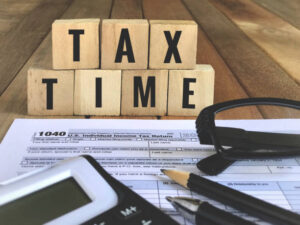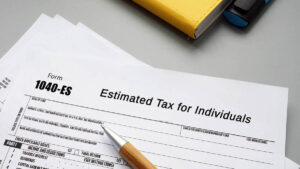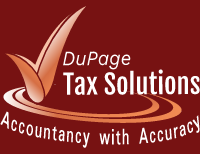
LLC Tax Rules
Limited Liability Companies (LLCs) offer business flexibility—but that comes with unique tax considerations. Whether you’re just starting out or trying to improve your current setup, knowing how your LLC is taxed can help you stay compliant and reduce your overall tax burden. Let’s walk through the rules.











